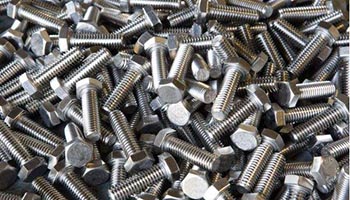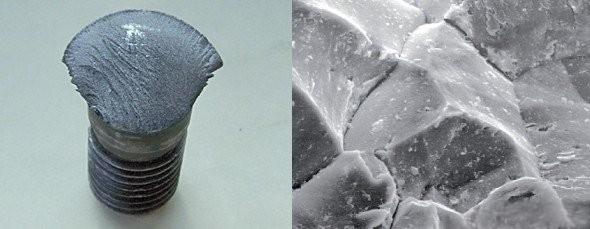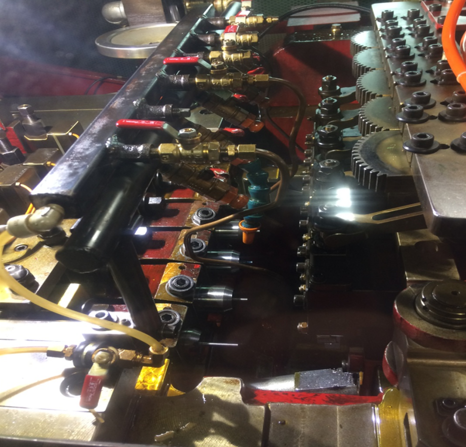Fasteners are essential mechanical components used for joining, securing, or sealing parts in various structures. They play a crucial role across different industries. Here are some key points about fasteners:

Definition of Fasteners: Fasteners are a category of mechanical parts used to join two or more parts (or components) together to form a whole. They are also known as standard parts in the market.
Classification of Fasteners: Fasteners can be classified based on material, shape, and purpose. Common materials include carbon steel, stainless steel, alloy steel, etc. Shapes range from bolts, nuts, screws, studs, threaded pins, to spring washers. Their purposes are mainly for connection, fixation, sealing, and adjustment.
Role of Fasteners: Fasteners connect different parts through threads, pins, etc., ensuring the stability and reliability of the assembly. They also secure parts within machinery to prevent loosening or movement.
Applications of Fasteners: Fasteners are widely used in industries such as mechanical manufacturing, construction, aerospace, and electronic equipment. For example, in mechanical manufacturing, they are used to secure machinery and product components; in construction, they connect steel structures; in aerospace, they join aircraft wings, fuselages, engines, etc., where their reliability is directly related to flight safety.
Material Selection for Fasteners: The choice of material for high-strength fasteners is crucial. For instance, if impact toughness is required for grade 12.9 bolts, it is recommended to use three-element alloy materials such as 40CrMoMn, 40CrNiMo, etc. Other materials include carbon steel, stainless steel, alloy steel, etc., each suitable for different working environments and requirements.
Standards for Fasteners: The production and application of fasteners follow a series of international and national standards, such as DIN931, GB/T 1230-2006, ASME B 18.2.2-2015, etc. These standards define key parameters like dimensions, materials, strength grades, etc.
Modes of Fastener Failure: Common failure modes of fasteners include assembly elongation, fatigue fracture, and delayed fracture. Besides material quality, the quality of forming equipment and thread processing equipment and molds are also key factors in ensuring the quality of fasteners.









